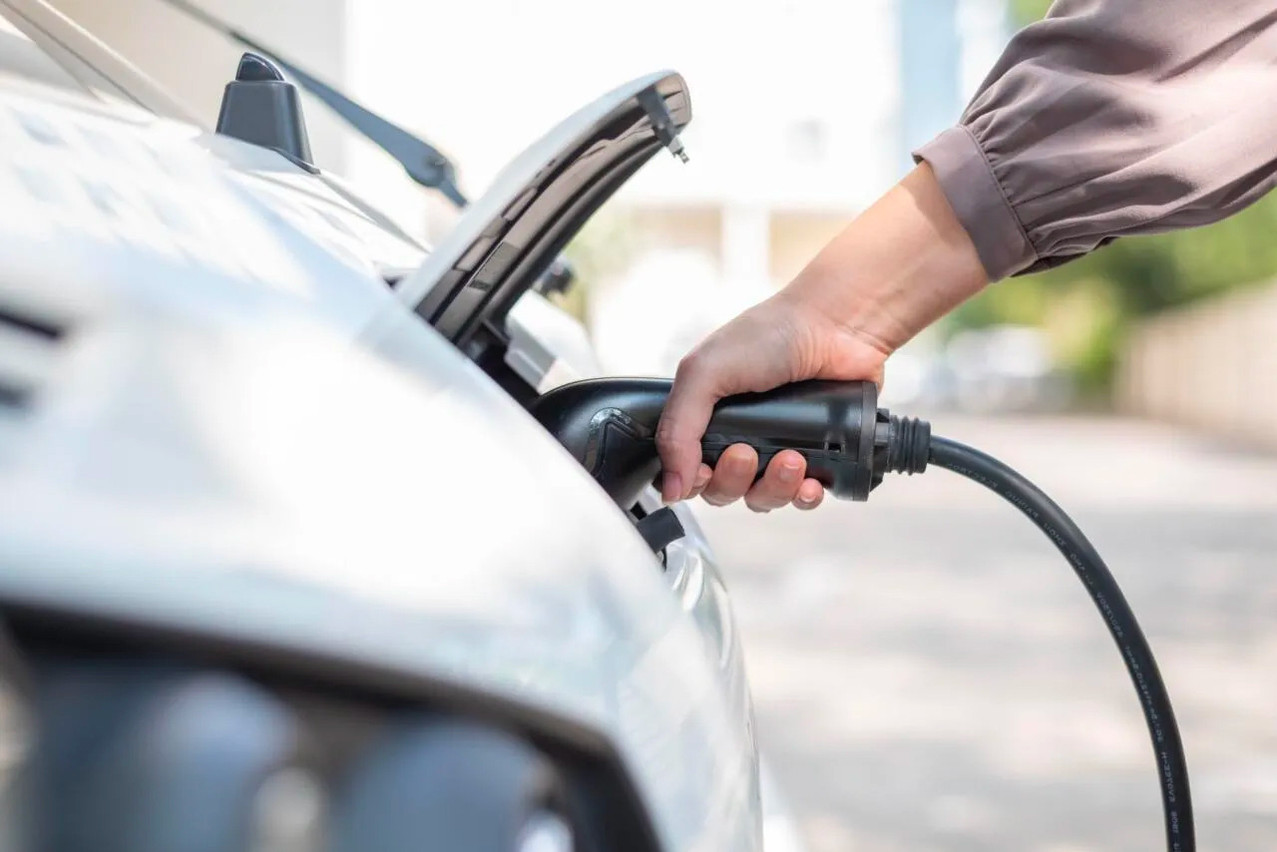For companies, converting a fleet of vehicles--commercial or otherwise--to electric power can quickly become a challenge, from vehicle management and planning to taking into account the journeys made, deciphering battery capacities and charging speeds, and weighing up the environmental advantages against the logistical challenges... But it’s also a challenge in the face of rising fuel prices and increasing regulations aimed at reducing carbon emissions. WEX, a US-based company now active in Europe, wants to position itself as a facilitator to simplify business management. It has just announced the expansion of its electric vehicle recharging solution for European commercial vehicle fleets.
According to a study commissioned by WEX, “80% of those that already operate a mixed fleet plan to have at least 25% of their vehicles as electric vehicles by 2030.” For fleet management, it offers fuel cards (thanks to a partnership with Esso), GPS tracking and fleet analysis solutions to optimise journeys. Its offer is now available for commercial vehicles in several countries, including Luxembourg.
In Luxembourg, the conversion of commercial vehicles to electric power remains rather timid, with diesel still the preferred energy source, although the proportion of electric vans is slowly increasing. In January 2024, for example, 39,741 newly-registered vans were diesel-powered, compared with just 852 that were electric. But a year later, while diesel continues to rise (39,840 diesel vans were registered in January 2025), the share of electric vans is also growing slowly, with 1,133 registrations. According to a recent report by the International Energy Agency (IEA), sales of electric vehicles exceeded 10m worldwide in 2023, an increase of 55% compared to the previous year.
“The demand for EVs in commercial fleets is rapidly growing as businesses increasingly adopt greener practices and cutting-edge technology. However, complexities around charging can act as a deterrent,” said Adam Woolway, VP, head of global design, EV. It is precisely these complications that WEX aims to alleviate. “Our new EV solution is designed to fuel simplicity and meet our customers wherever they are on their mixed-energy journey. By bridging the global EV gap, fleet managers can focus on reaping both the environmental and economic benefits of the energy transition.”
The functionalities offered by WEX include access to a network of charging stations (77 in Luxembourg), an application and a portal for fleet management and analysis. “Fleet managers can optimise EV fleet costs, monitor charging behaviour, and minimise downtime, while drivers can view public charging costs upfront, enhancing transparency and efficiency,” the company explains in its press release.
“We’re now supplementing this experience with a team of established leaders from the EV industry to create solutions that are already helping fleets cost-effectively manage their transition to lower emission operations. The extension of our charging solution across Europe is the result of our continued investment in cutting-edge technologies. Managing mixed-energy fleets just got easier,” said Woolway.
Based on Avenue J.F Kennedy in Luxembourg, the company made a profit of €17,916 in 2023. In Europe, the company has more than 75,000 customers and has distributed more than 1.4m fuel cards.
This article was originally published in .
